Story
The Bristol Edinburgh Mk. II is one of the best of the Great War bombers. She was designed and built in the city of her namesake. Drawings were first jotted down in 1914, and she first flew in June 1916, and entering production in November of that year. She served well, being able to carry a payload of up to 650 lbs. She has a pair of gunners, one at the nose and one at the tail. She remained in her bomber role until 1926, at which time she was sent to reserve units to serve as a trainer until 1933, finally being retired in October 1933. 142 examples were built by the time production ended in 1921.
Controls
This plane is unstable at high speeds due to the COM and COL being located so close together, but you won't ever have to worry about that, since the highest speed you'll hit under normal conditions is 110 mph. Still, she requires a steady hand to fly, since she tends to pitch up a lot, so I'm going to explain how to fly. First things first, do not make hard maneuvers. She's a bomber, not a fighter, so don't try and do tight turns, just tilt your wings a bit and let her turn herself. Don't pitch up too much, in fact, don't overdo any of the controls, or you'll go into a deathspin.
how to take off
Accelerate to 97 mph. Once you hit 97 mph, tilt the nose forwards, then immediately pitch up to take off. When you start to go up, keep pitching down slightly, or you will go vertical and stall. After that you should be good.
Special Features
Of course, you got the cool details, like the body markings and the wing struts (I forgot the wing roundels, rip lol). You've got a WW1 cockpit obviously. The gunners have Lewis Guns, which I put a lil bit of detail into (mmm trigger)
Gallery
An Edinburgh Preparing for Takeoff
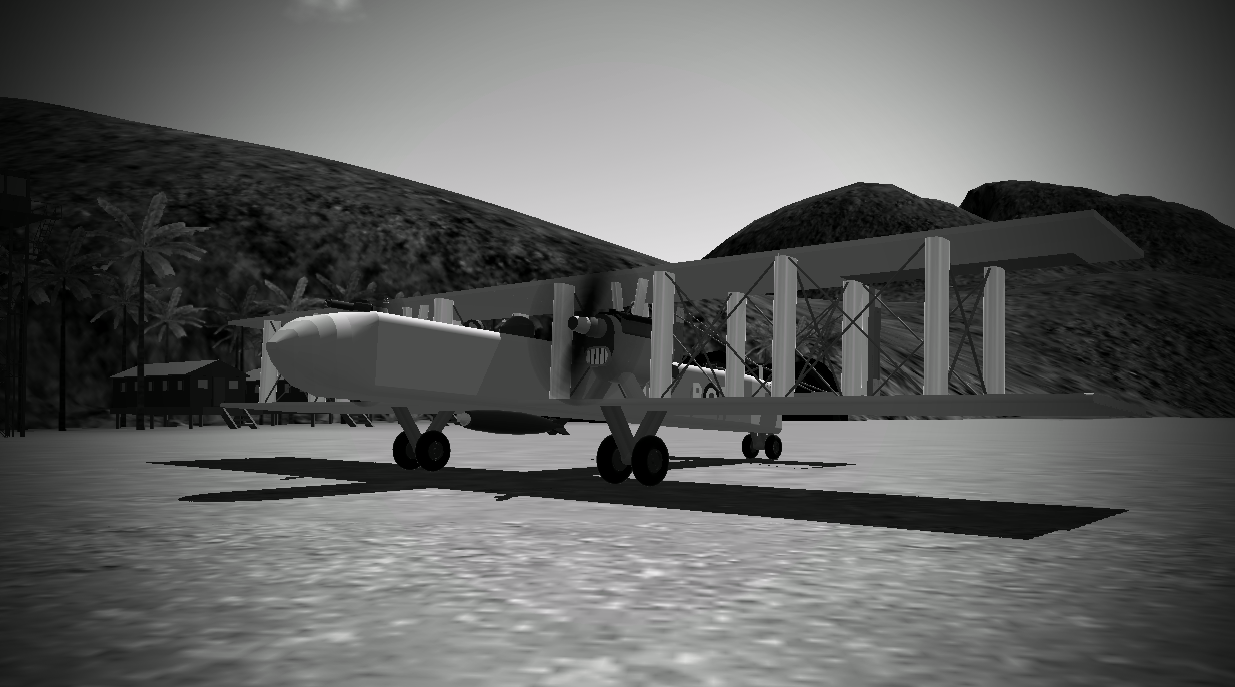
The Same Craft Seen Sitting on the Runway
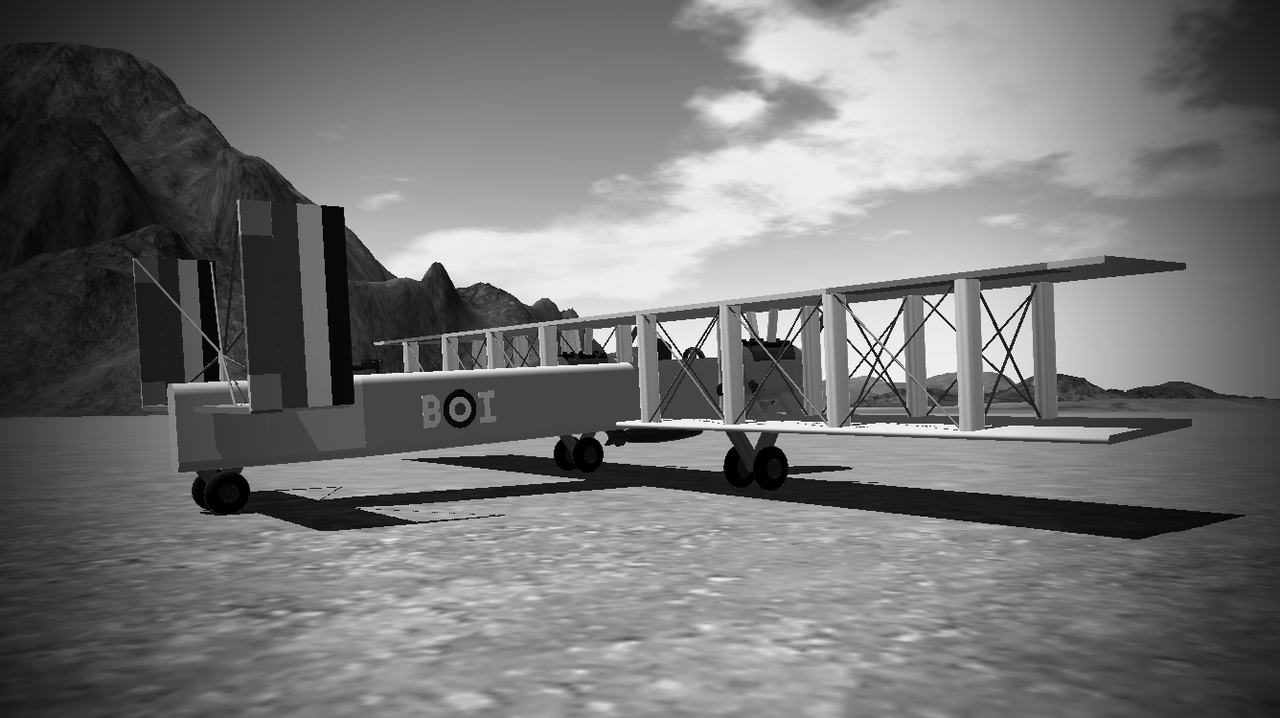
An Edinburgh Mk. II Posing for a Photograph Inside Her Housing
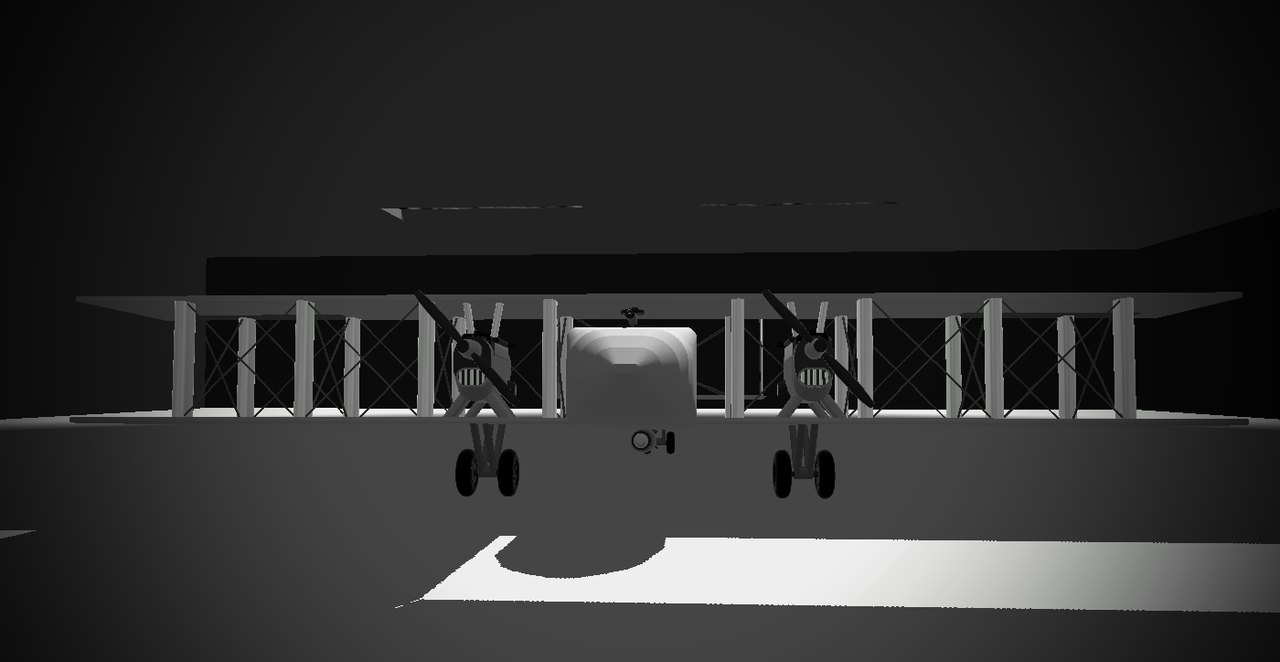
Side View of the Above Aircraft
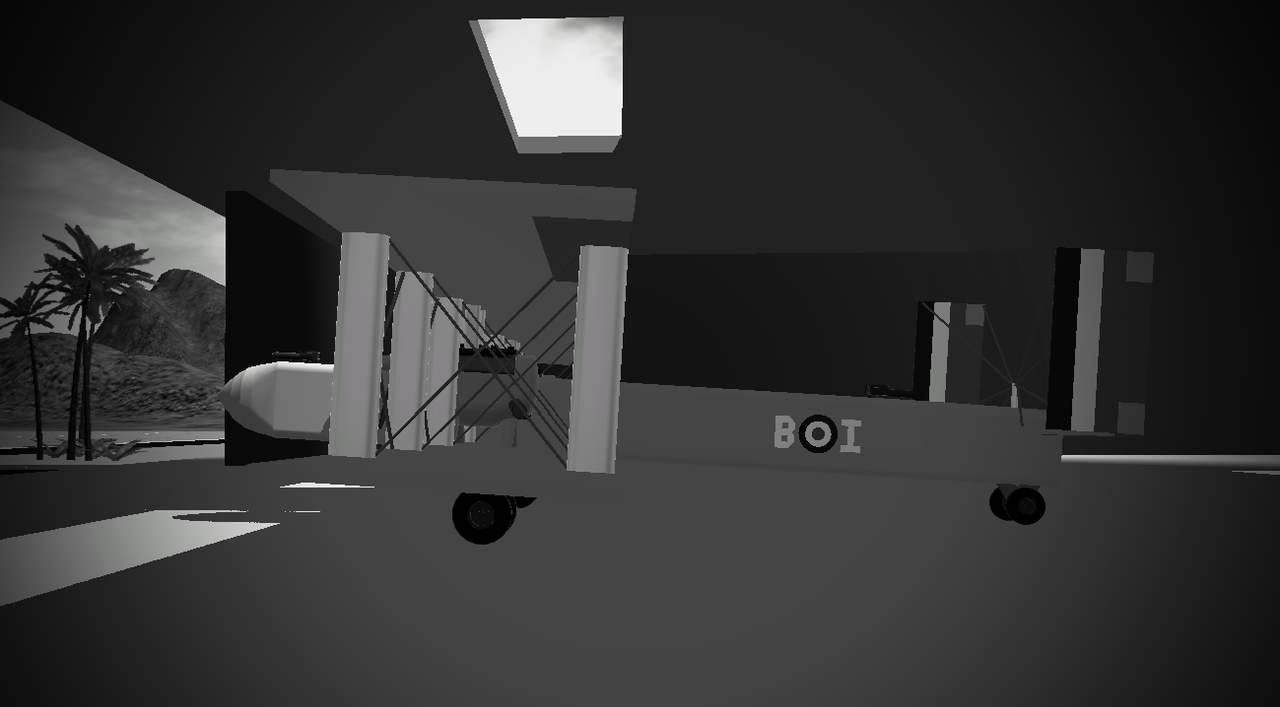
Specifications
General Characteristics
- Created On Android
- Wingspan 75.5ft (23.0m)
- Length 56.2ft (17.1m)
- Height 18.0ft (5.5m)
- Empty Weight 11,773lbs (5,340kg)
- Loaded Weight 13,144lbs (5,962kg)
Performance
- Horse Power/Weight Ratio 0.152
- Wing Loading 8.1lbs/ft2 (39.7kg/m2)
- Wing Area 1,614.6ft2 (150.0m2)
- Drag Points 10904
Parts
- Number of Parts 307
- Control Surfaces 6
- Performance Cost 978

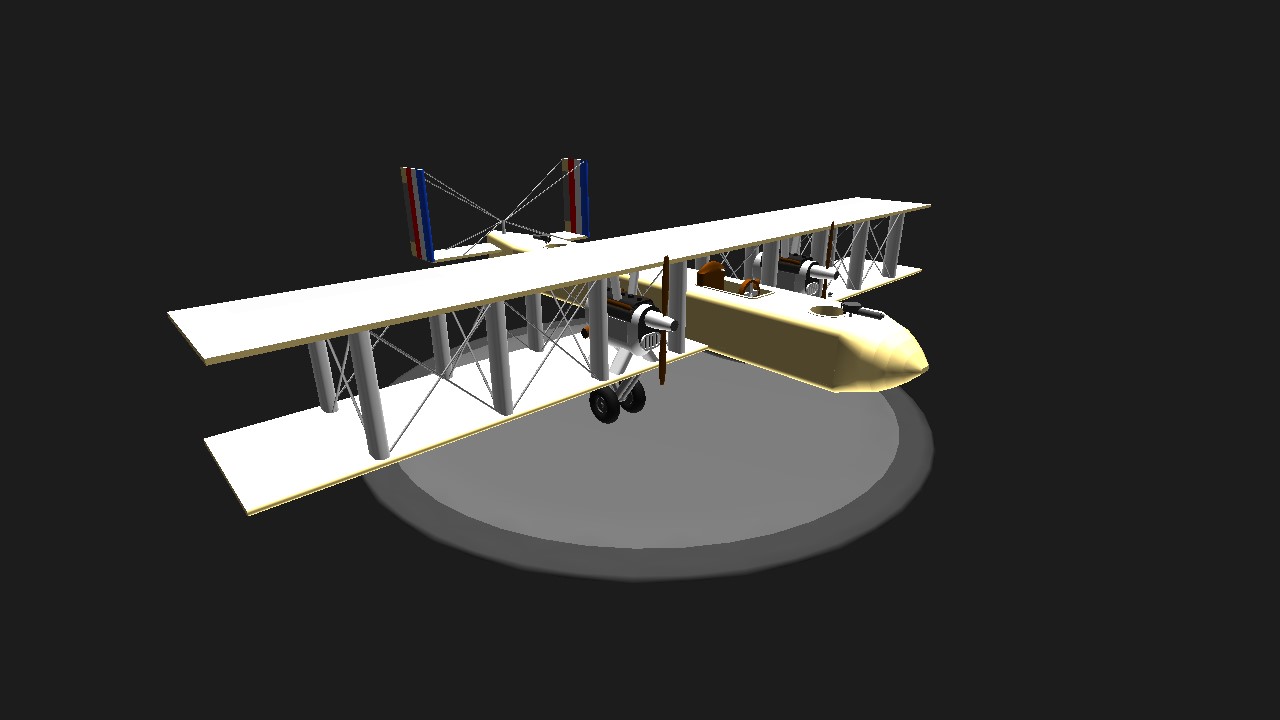
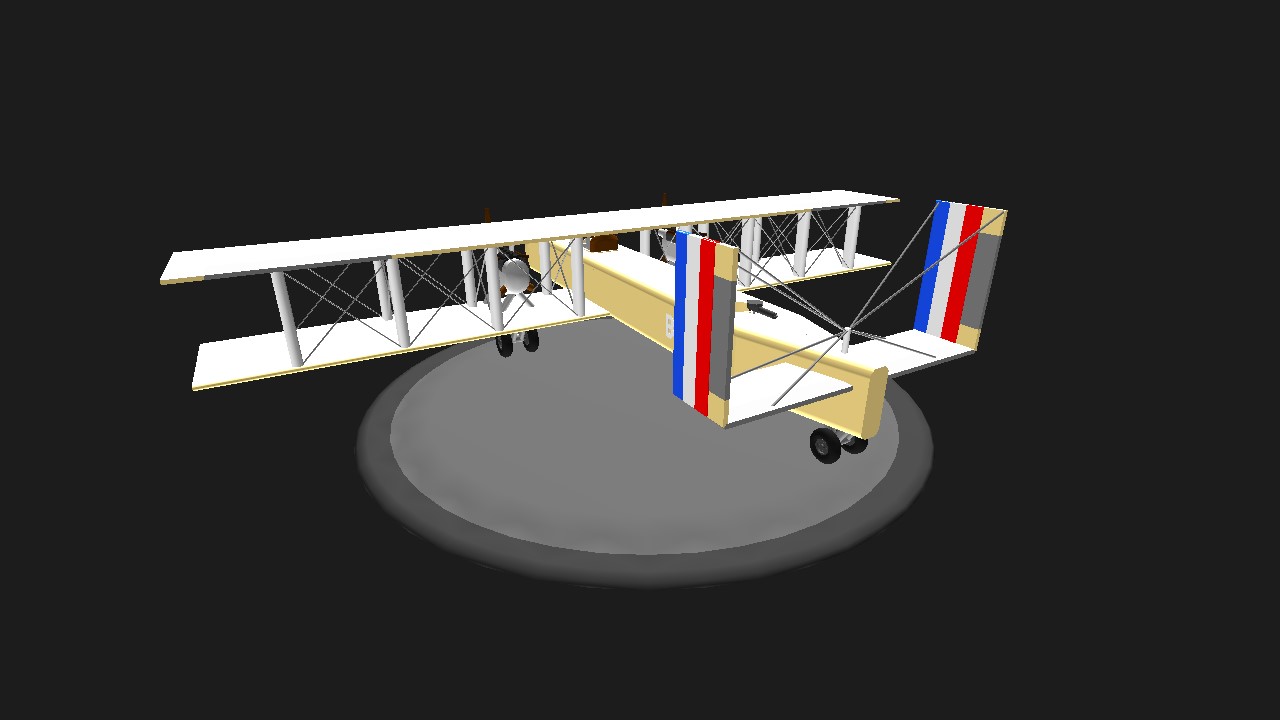
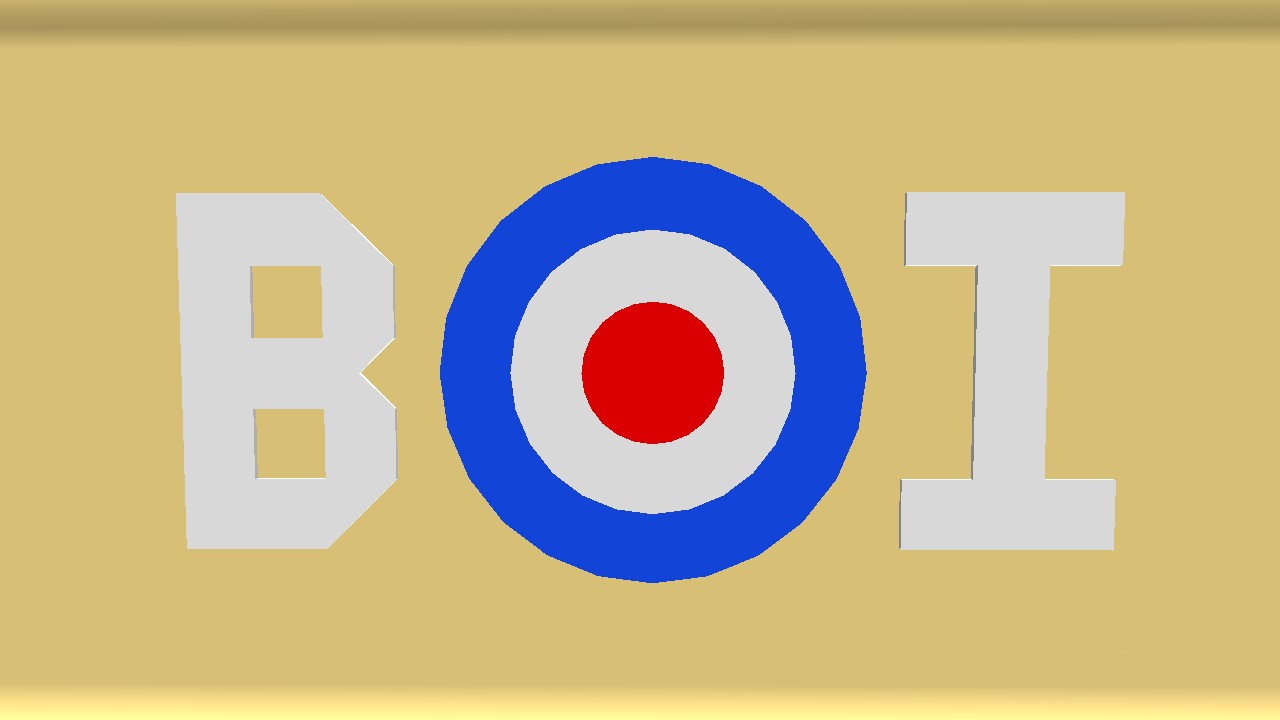
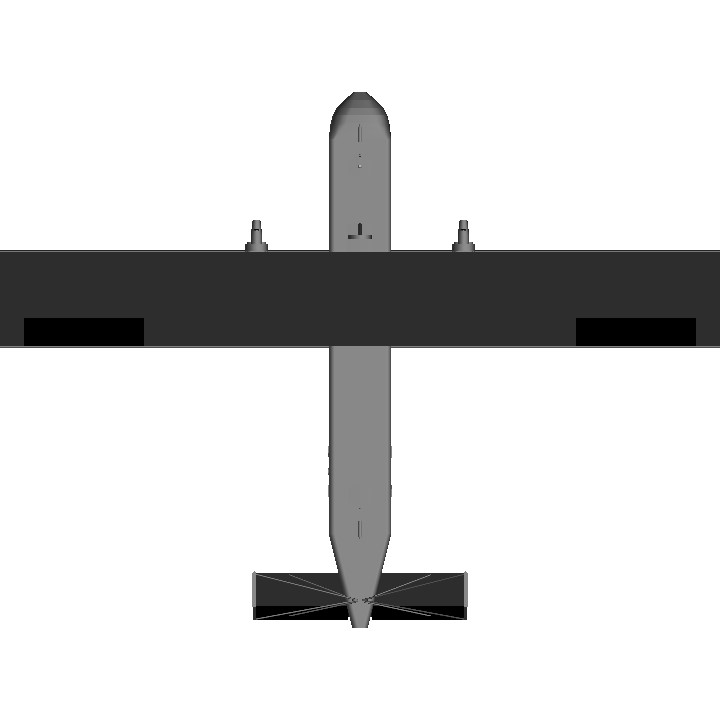
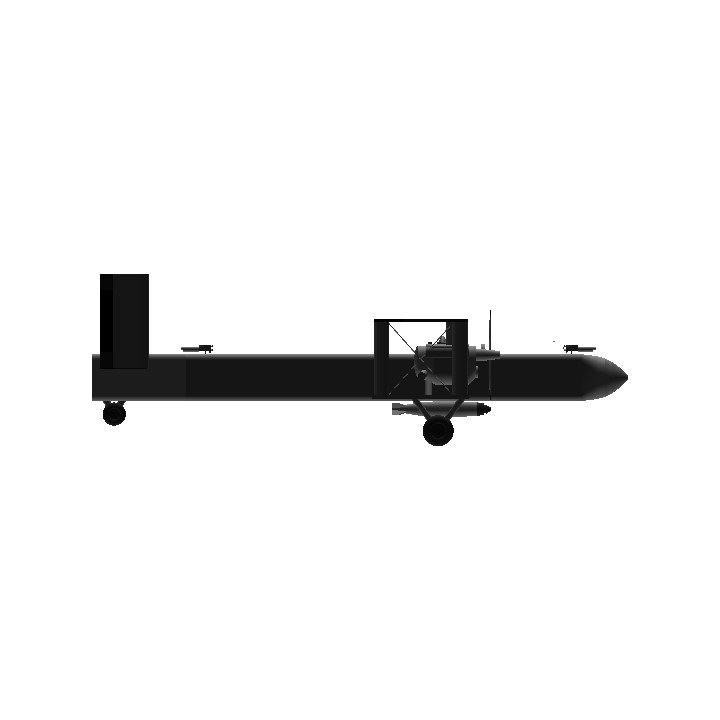
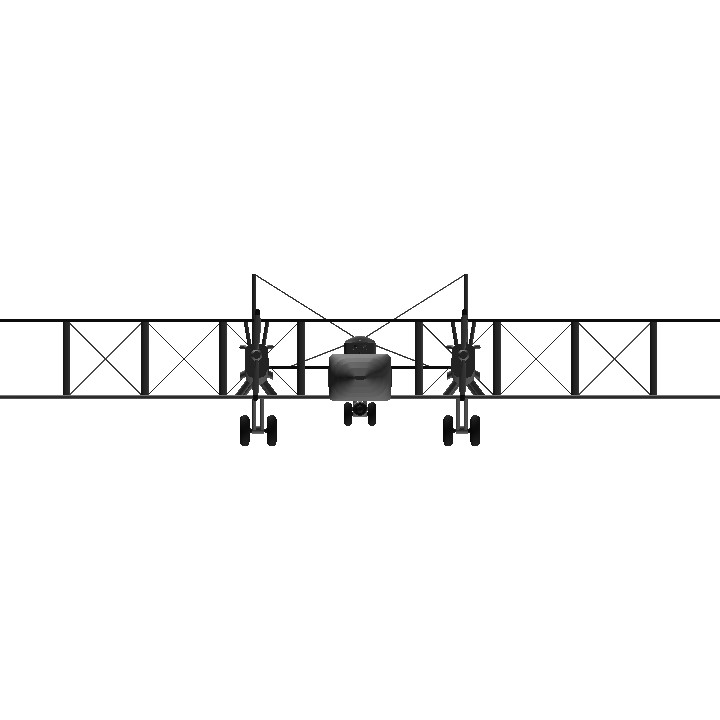
@DameTheNewbie do it bro
I gonna make the plane same like this
@NotSoNormalPioneer w i d e boi
@NotSoNormalPioneer You got me here, what should I build?
@NotSoNormalPioneer berb
Man now I gotta go above and beyond lol
Expect something great, it'll be a lil while tho
𓅪
@PhantomAviator Wow, np
@Embo can confirm
This is pretty nice, bet the cables were a big pain @PhantomAviator
@tsampoy Took 6 hours of continuous work whoo!
lol thanks fam :)
Awesome!
Awww I flubbed the captions for the pictures